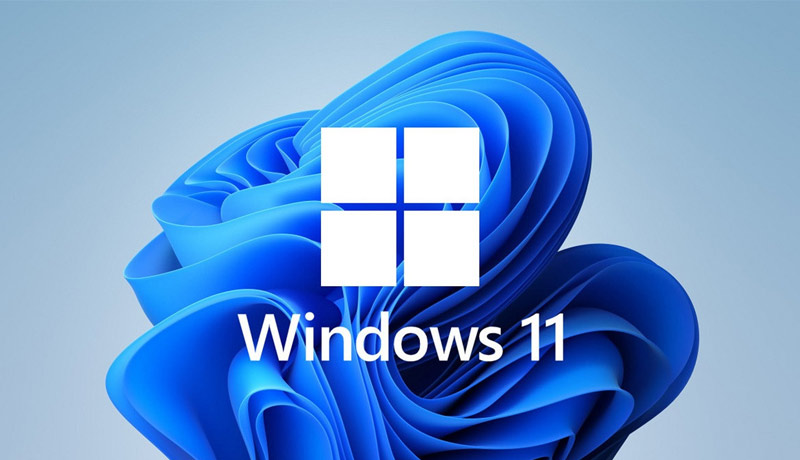
Microsoft has enhanced the Windows 11 minimum system requirements. Following Windows Insider testing and discussions with OEMs, the firm revealed in a blog post that it is adding a limited number of new processors to the supported processor list. The minimum system requirements have been expanded to accept new older Intel CPUs that are compatible with Windows 11, while the previous criteria remain in effect.
Microsoft stated a few essential minimum requirements for running Windows 11 at the time of its unveiling. A suitable 64-bit processor, 4GB of RAM, 64GB of storage, UEFI secure boot, specific graphics requirements, and TPM 2.0 are among the prerequisites. This generated a stir since CPUs older than late 2017 were not supported, and users would have to update their still-capable CPUs to run Windows 11. Following testing with Windows Insiders and OEMs, the company has added a few more Intel CPUs to its compatibility list, while adhering to the same criteria as before.
With new enhancements, Microsoft won’t stop you from installing Windows 11 on older PCs. Anyone with an older CPU that doesn’t pass the upgrade test can still obtain an ISO file of Windows 11 and manually install the operating system.
However, Microsoft continues to advise against running Windows 11 on any system that does not satisfy the stated support criteria. According to statistics from PCs running the Insider Preview releases, unsupported hardware caused “52 percent more kernel mode crashes” than supported hardware, while first-party programmes broke 43 percent more frequently on unsupported hardware. People who don’t seek out the Windows 11 update will never be offered it if their hardware isn’t up to snuff, but advanced users, testers, and IT departments that want to run the latest software on their computers may evaluate the trade-offs and make the decision for themselves.